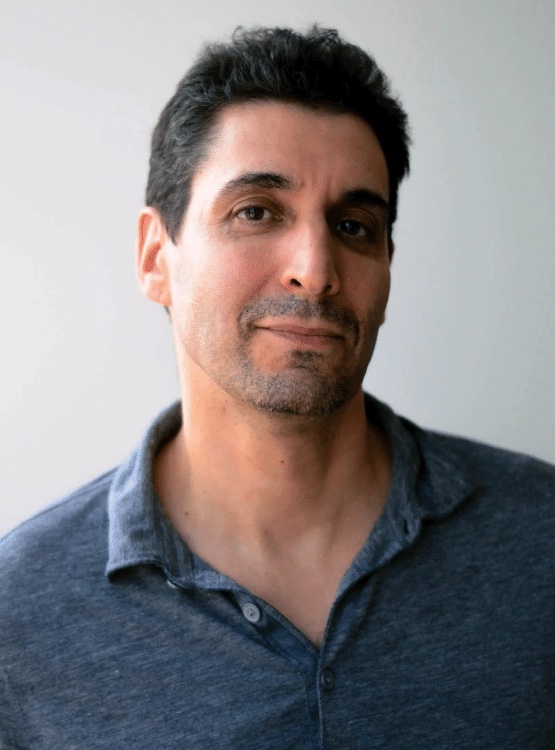Minimum Payment Due
by Saïd Sayrafiezadeh
Originally Published by The New Yorker

It was four o’clock in the afternoon and my phone was ringing, number unknown, which meant, of course, that it was one of the collection agencies. They had called me three days ago. They had called me three days before that. They were clearly not going to take no answer for an answer. The last time I’d made the mistake of picking up, the woman had sounded as if she was about twenty years old, calling from somewhere in the heartland, speaking with flat vowels and a maternal tone, firm but loving, never mind the age difference. “We would hate for it to come to that,” she said, which was code for legal proceedings. I wanted to tell her that the irony was that sooner or later someone was going to be calling her about the student loans she couldn’t pay back. Instead, I said, “No, Ma’am. Yes, Ma’am.” There was additional irony in the fact that the phone I was using had been bought on credit the week before—because I’m susceptible to sales—increasing the grand total of what I owed, distributed across two Visas, one Mastercard, and an American Express, not to mention Target, Walmart, and Best Buy. But that was the kind of irony that wasn’t funny. Meanwhile, compound interest was accruing daily.
Why I decided to answer the phone this time, I don’t know. There are a lot of things I do that I don’t know. “Who may I ask is calling?” I said. I was hoping that I would come across as professional and aboveboard, as if my insolvency were the result of an unfortunate misunderstanding, as opposed to my habit of spending more money than I made. But I could already feel the resignation creeping into my voice, soon to be followed by panic. In a minute, I would be begging the twenty-year-old to have mercy on me and my financial situation. “Please, Ma’am. Please, Ma’am! Please, Ma’am!!!”
But it was a man calling me. He probably knew I had the day off. He probably knew I was home. He sounded chummy and omniscient as he read off the script. The script said that we were on a first-name basis, which was as good an indication as any of how far I’d fallen in social standing. The script also said that my monetary struggle had been going on for five years, give or take. “What have you been doing these past five years?” he asked me. The strange bluntness of the question, for which I had no adequate answer, caught me off guard. “I’ve been working,” I told him. He liked that I’d been working. “I’ve been working, too,” he said. “I’ve been working on myself.” I didn’t know what that meant. “I didn’t know what that meant, either,” he said. “But then I learned.” I wasn’t quite sure what he was talking about or where this conversation was heading, but I had the distinct feeling that I was stepping into a trap. In a minute, I was going to be hanging upside down in the forest, begging this man to have mercy on me and my financial situation.
Read the full story at The New Yorker.




